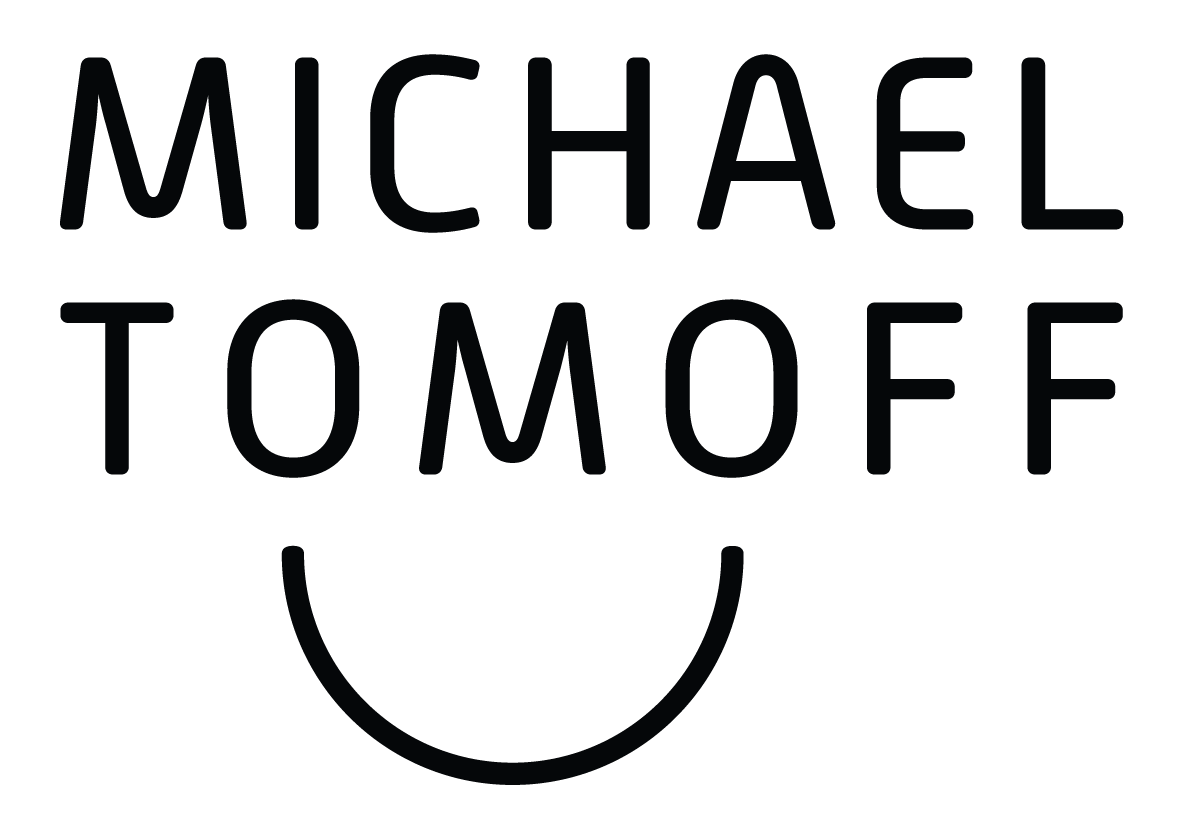Vulnerability in everyday life? No Problem.
I know how to be in conflict listen.
I can get people explainhow you can open without losing yourself.
How you are connected to the design – in partnerships with children, in the Team.
I know.
And then...
I see myself.
How I pull myself back.
How I'm going generic.
I don't trust myself,
to take my own medicine.
Why?
The safe distance of the counselor's role
Brené Brown speaks of the concept of "cheap seats" – the cheap seats.
The Seats in the stands, from which we judge may, without self-risk.
When we give advice to others, we are often right there.
Sure. Watching.
Clear. But uninvolved.
Because real participation – that is, the speed in the Arena means that we will show to us.
Vulnerable. Without A Net.
With all that we have not solved yet.
And that's hard.
Why it's hard to show our own vulnerability
We wear armor.
Not out of malice – fear.
Fear of not enough.
Fear of rejection, shame, insignificance.
This armor look like:
- Pride
- Cynicism
- Need for control
- Bossiness
If I show a Coachee rate, honestly, that is easy.
If I want to tell a partner something to me you feel small is – is it hard.
Because I can feel it.
Because I lose, which I protect me.
We identify more and less with us
Self-perception and the reflection of self-work.
We identify patterns in other with ease – because we have distance.
But in ourselves?
Because the Trigger for a lower position.
We are blinded by self-image, self-entitled, from the blind spot.
And yet:
Only those who have the courage to see yourself
can true-to-life clarity.
Only the one who wants to approach the authentic, is to learn the inner-most core.
Probably has a fulfilling life.
Knowledge ≠ Embodiment
We often confuse the Knowledge of a value with the ability to live it.
I know how important presence is.
And sometimes I'll check that, if my daughter tells something.
"Just..."
I know that empathy is the key.
And yet, I protect myself with irony, when I feel vulnerable.
Knowledge is light.
Embodiment is a daily decision.
🔥 5 ideas on how you of your own medicine can take
- Use your Trigger as an invitation
What bothers you, don't want to destroy you, but to show you something. - Recognize your Arena
Where you can avoid your appearance? Where are you hiding as a commentator? - Say it – even if it trembles
Say: "I just noticed, I have to restrain myself." This is real. - Practice Self-Empathy
Treat you like your best Coachee. No Bullshit, but compassion. - Live your values visible
Not perfect, but open. Say, "I'm trying it right now." This is leadership.
Maybe it is just that.
Not that we have to act perfect.
But that we recognize where we are not yet arrived –
and the courage to stay.
Not better.
Not smarter.
Only real.
💡 Learn more: Scientific Deep Dive the deepest, most fulfilling, nerdy
💡 Why we advise you rather be wise than even feel shame and the power of vulnerability
When we give advice, we position ourselves in a safe, observational role. According to Brené Brown (2012) protects us against the vulnerability that arises when we are self-involved visible and emotionally. This distance has a stabilizing effect – prevents true intimacy with ourselves. We seek the connection to other people, want to feel safe, live a full life without the distrust of the life.
💡 Cognitive clarity hits on emotional Autopilot System
Daniel Kahneman (2011) describes the way we Operate in two systems of Thinking. While System 2 is rational, what would be useful, in emotionally charged moments of System 1, our quick, impulsive and often self-protective reaction pattern. Knowledge alone is not enough – we need emotional awareness of vulnerability and vulnerable moments to the courage of belonging – by we dare vulnerability.
💡 Why we have in ourselves blind spots
A kind of "Self-as-actor-blindness" to describe the phenomenon that we justify our own behavior depending on the context ("I make just so!“), while we rate the behavior of others as a character due to the ("So - is the hold!“). This distortion makes honest self-reflection is particularly demanding (Pronin et al., 2004; see also The Beautiful Mess Effect). Our vulnerability and vulnerable to showback in the distance. To show the Permit of vulnerability, and that, what's on your mind, is a learnable resource.
💡 The value of self-compassion for sustainable change
Self-compassion – how it describes Kristin Neff (2003) – is a key resilience factor. People who deal with yourself friendly, are capable of learning, less defensive, and in the long term, psychologically stable. It is not a sign of weakness, but of psychological intelligence. A step in the direction of self-love. Also written as Letter to yourself a big step that you entrust to hide instead of vulnerability!
💡 Values of life, and vulnerable show instead of just preaching
Martin Seligman (2011) stresses in the Positive psychology the meaning of "operationalized values" – that is, the visible implementation of internal attitudes in everyday life. Who shall designate, empathy, and authenticity as a value, or the value of the vulnerability, it must show also – especially in difficult situations. Otherwise, these values remain a theory, and you stop in order to run your real life and your embossing rewrite. Painful, traumatic and far away from inner strength.
Literature
- Brown, B. (2012). Daring Greatly. Gotham Books.
- Kahneman, D. (2011). Thinking, Fast and Slow. Farrar, Straus and Giroux.
- Pronin, E., Gilovich, T., & Ross, L. (2004). Objectivity in the eye of the beholder. Psychological Review, 111(3), 781-799.
- Neff, K. D. (2003). Self-compassion. Self and Identity, 2(2), 85-101.
- Seligman, M. E. P. (2011). Flourish. Free Press.

